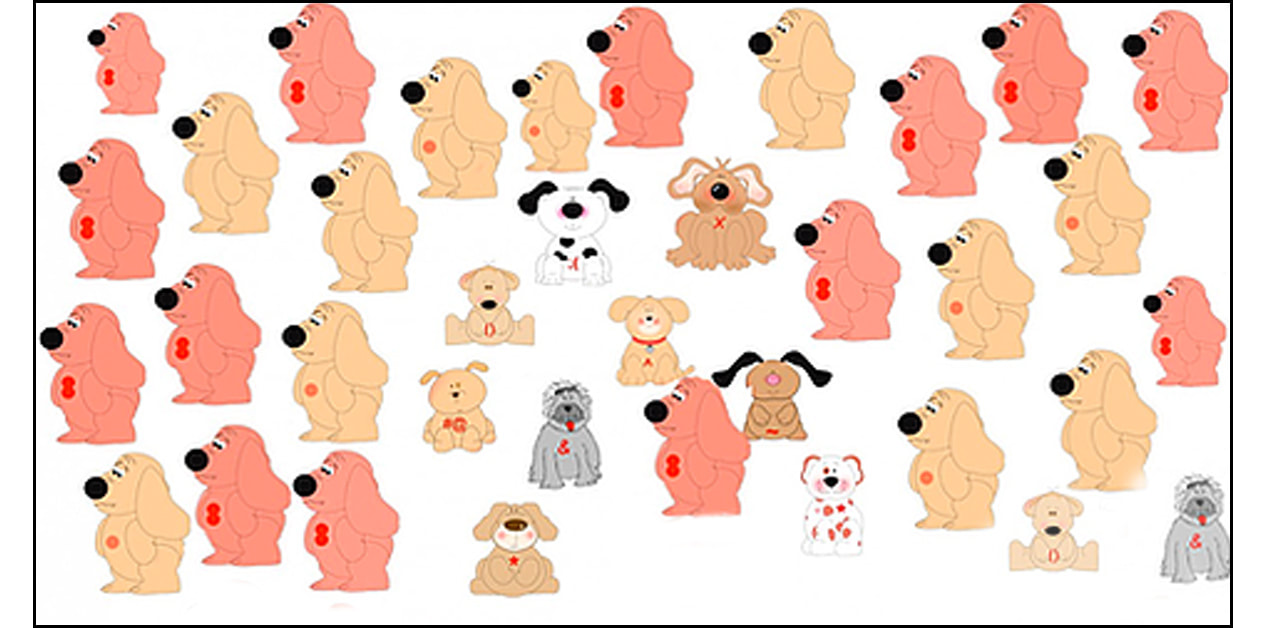Online Course
Basic Population Genetics for Dog Breeders
Basic Population Genetics for Dog Breeders
Absolutely FREE!
|
Instructor Carol Beuchat PhD Scientific Director, ICB |
|
|
TOPICS
Molecular Genetics, Clinical Genetics, and Population Genetics How are they different? How are they used? Founders, gene pool, and genetic diversity What do the terms mean? How are they determined? Do they matter? Coefficient of Inbreeding What does it mean? How is it calculated? How is it used properly (and improperly)? Relatedness How genetically related are two dogs? How is relatedness determined? Does it matter? Evaluating genetic health What is effective population size? What is effective number of founders? Genetic testing What are the right and wrong ways to use genetic tests? Are genetic tests really the answer? EBV What is it? How is it calculated? Why is it being used by domestic animal breeders around the world - but not by dog breeders??? Improving the health of dogs Putting it all together. |
COURSE INFO
How long, how much? Course is 10 weeks and $95 How hard? You to work at your own pace. "Basic" courses start with the basics. We know you want to be a breeder, not a scientist. How much time will it take? Generally there will be 1-3 hours of reading and homework exercises each week. Some people will do more, some will do less. How will we meet? We will have a private Facebook Group where we can discuss and ask questions, each at your own convenience. Is there a textbook? The book for the course is Introduction to Veterinary Genetics (2009, by Nicholas). Through Amazon it is $66 (last time I checked), and you can pick up used copies for a few bucks less if you think it's worth it. Apparently there is a digital version floating around the internet, but it is not complete and is quite irritating to read when you come to a missing page. Earlier editions of the book (within the last 10 years or so) will do if you don't want to spring for the latest one. You can order from Amazon via a link from the ICB Bookshelf and we get a little kickback (which we love!). Go to - http://www.instituteofcaninebiology.org/bookshelf.html FAQs... What is population genetics? Why do you need to take this course? |



